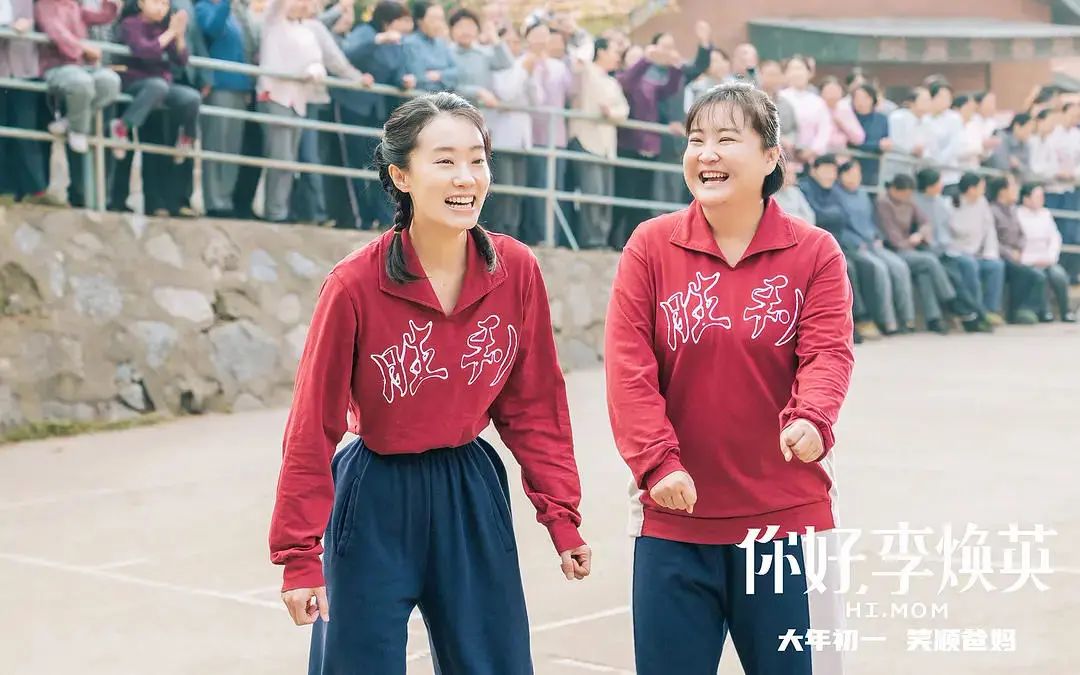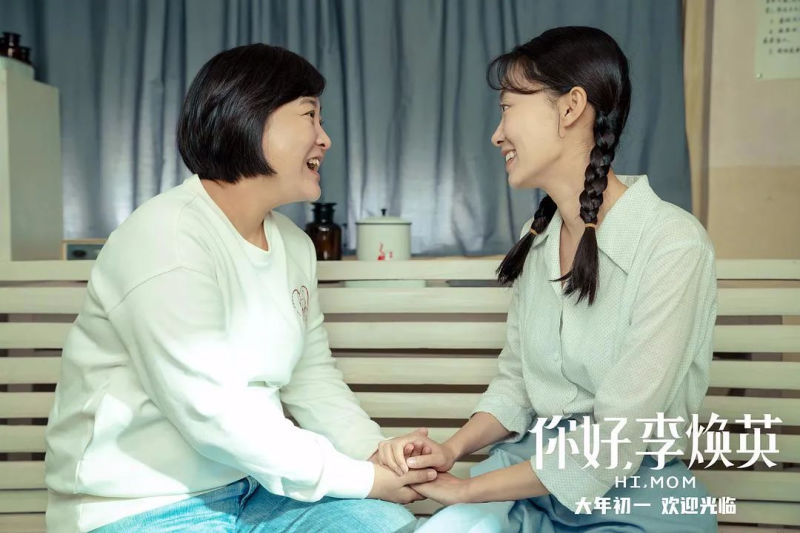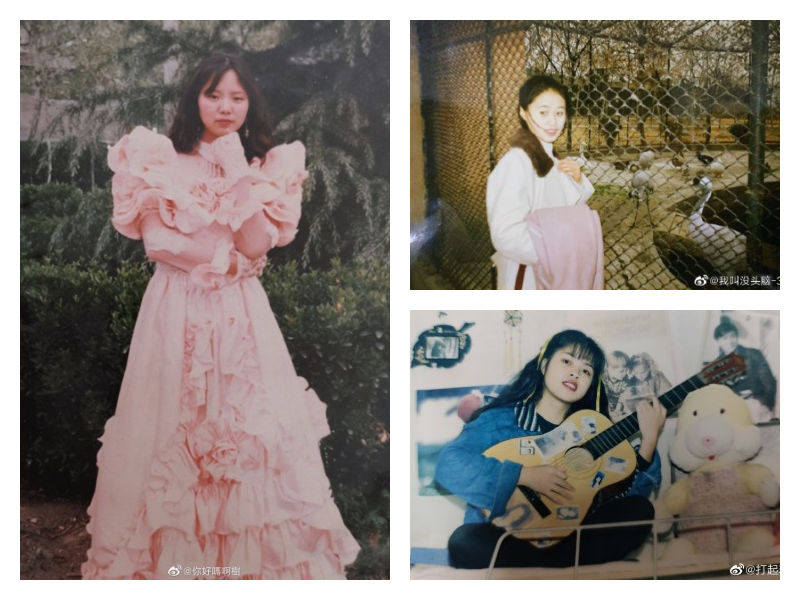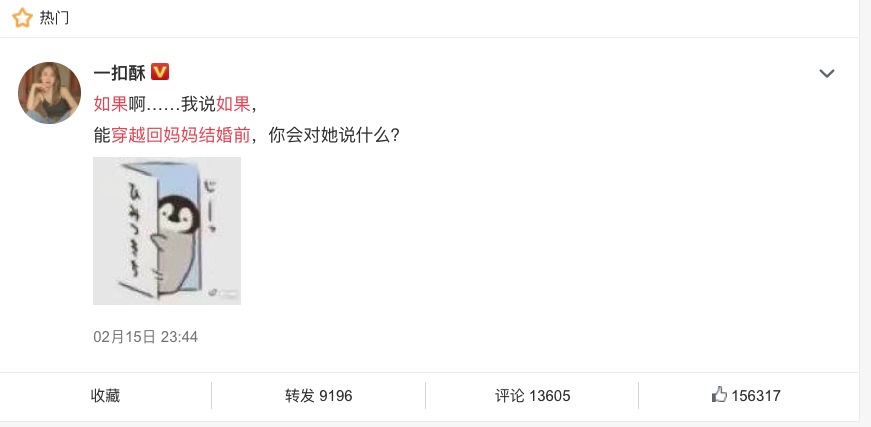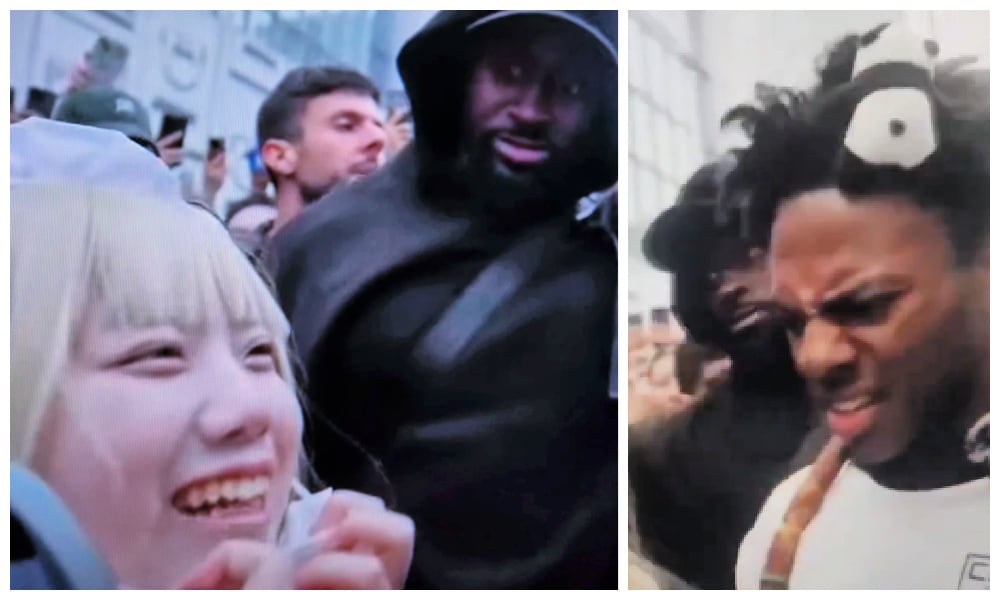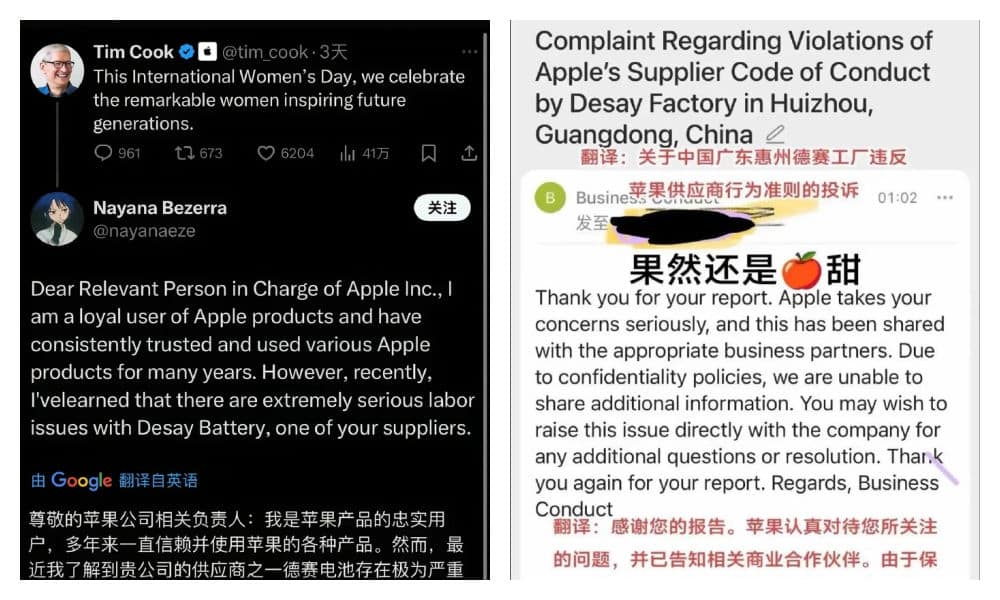After visiting Shanghai, Beijing, and the Shaolin Temple in Henan, popular American YouTuber IShowSpeed (Darren Watkins) livestreamed from Chengdu on March 31.
During his stream, he visited a Traditional Chinese Medicine practitioner, tried acupuncture, had some extremely spicy hotpot, and continued doing the kinds of activities that have defined his China tour so far – from kung fu to the Forbidden City.
The trip has been a success not just for Watkins, who recently surpassed 37 million YouTube subscribers, but also for China’s image abroad. Some have even suggested it’s become more of a soft power or propaganda tour (read more in our latest newsletter).
But not everything has gone smoothly. Within the span of a week, Watkins has become significantly more famous in China. In addition to YouTube — which is not accessible in China — he also began streaming on Douyin. All of this made his March 31st livestream a bit more chaotic, and for the first time, he also experienced some connection issues.
In Chengdu, with as many as 4 million viewers watching the livestream on Douyin, one moment in particular sparked controversy online. Just before Watkins entered a car, a girl in cosplay attire approached him and said:

💬 “I am a racist. I am a ni**a killer. I am so sorry about that. But I love your girlfriend, because your girlfriend is my [white?] people.”
When Watkins asked if she spoke English, she replied:
💬 “Yes, I am a racist. I am racist.”
After the incident, Watkins commented:
💬 “I don’t think she understood what she was saying.”
Watch the video here.
The girl was cosplaying as one of the characters from the mobile role-playing game Blue Archive, most likely Saiba Momoi (才羽モモイ), known for her mouse-like appearance, complete with two ears on top of her head.

On Chinese social media platforms, including Weibo and Xiaohongshu, the moment soon became a point of discussion. Among the commenters, there are those fearing the incident will negatively impact the image of Chengdu, and some suggesting the local Tourism & Culture Board will make sure to blacklist the girl.
Others focused more on the background of the girl, suggesting she is from Japan or Hong Kong, and trying to sabotage Watkins’ positive China trip.
It appears, however, that the female cosplayer may have been referencing the “racist Momoi” or “Saiba Momoi Says The N-Word” meme.
This meme originates from an edited clip of Saiba Momoi, in which she appears to say what sounds like the N-word. According to the Danbooru site, the clip was later modified to include other slurs.
The character has also been linked to the “Nàge song.” As explained in our newsletter yesterday, the song “Sunshine, Rainbow, White Pony” (阳光彩虹小白马) by Chinese singer Wowkie Zhang (大张伟), which repeatedly features the Chinese word nàge in its chorus (meaning “uh” or “that”) — popped up multiple times during Watkins’ trip. The catchy tune essentially became the theme song of his visit.
A few years back, a clip of Watkins first hearing the song and mistaking the chorus for the N-word already went viral on Chinese social media. The confusion between the Chinese filler word and the slur has been extensively joked about by Watkins himself throughout his streams.
The connection between the girl, the Saiba Momoi meme, and the Nàge song, however, is only known to a niche audience. It is possible that the girl tried to be funny, but she obviously failed in doing so.
By Manya Koetse
(follow on X, LinkedIn, or Instagram)
Spotted a mistake or want to add something? Please let us know in comments below or email us. First-time commenters, please be patient – we will have to manually approve your comment before it appears.
©2025 Whatsonweibo. All rights reserved. Do not reproduce our content without permission – you can contact us at info@whatsonweibo.com.
Follow What’s on Weibo on
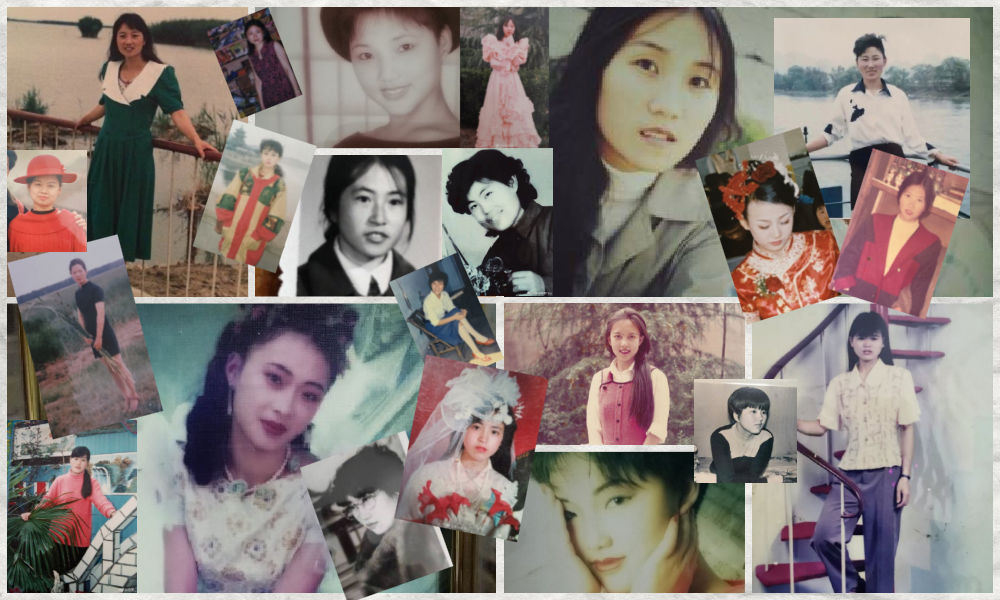

 China Insight11 months ago
China Insight11 months ago
 China Digital10 months ago
China Digital10 months ago
 China Arts & Entertainment11 months ago
China Arts & Entertainment11 months ago
 China Arts & Entertainment12 months ago
China Arts & Entertainment12 months ago
